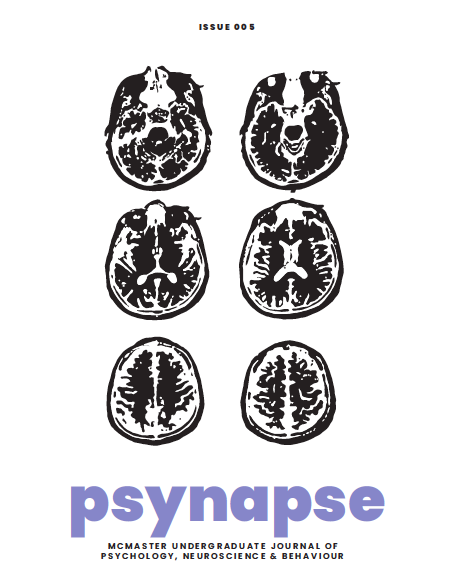The prevalence of mood disorders in individuals who have experienced race-based trauma in North America: a systematic review
Abstract
Race-based trauma (RBT) is defined by the exposure to acts of racism and discrimination one ensues based on their perceived racial or ethnic identity. These traumas may include significant acts of racism or the accumulation of more minor occurrences such as daily transgressions and perceived microaggressions targeting specific groups. Across the world, psychiatric disorders have become an increased burden on healthcare systems, with some of the most diagnosed disorders categorized as mood disorders. This public crisis has led to many adverse outcomes for individuals, communities, and organizations. Previous literature has shown potential for the "disguised" relationship between RBT and mood disorders. However, to the best of our knowledge, no systematic reviews assessed these two variables on a large scale. This research is of great significance to psychologists because, in North America, Black, Indigenous, and People of Color (BIPOC) are presumed most vulnerable to RBT, proven to cause mental and emotional injury. A better understanding of how current and historic racialized trauma is associated with mood disorders across these populations can help clinicians to detect mood disorders earlier and to develop culturally competent treatment options. This systematic review aims to describe whether there is an association between RBT and mood disorders in North America. A total of 60 studies were included in this systematic review. These studies were pulled from three databases: PubMed, PsycINFO and Embase, using the same search strategy. Experiences of RBT were associated with mood disorders in 81% of the studies included. Symptoms of depression were the most noticeable mental health outcome amongst all racial groups. In addition, secondary findings from our systematic review illustrate that there are several other adverse mental health outcomes in individuals who have experienced RBT. Including post-traumatic stress disorder, anxiety disorders, conduct disorders, attention-deficit/ hyperactivity disorders, and obsessive-compulsive disorders. Individuals who have experienced RBT in North America are at a higher risk of experiencing depressive symptoms. Subsequently, at a higher risk of developing a mood disorder over time. Racially sensitive trauma-informed practices have the potential to decrease the risk of racially minoritized individuals developing mood disorders.


